Jovanni “Jovi” Vera may just be the winningest analyst in professional VALORANT. Not only was he an analyst for 100 Thieves during their First Strike win during the early days of the VALORANT Championship Series, he was also tied to OpTic Gaming when they won Stage 1 Masters Reykjavík. OpTic has emerged as arguably the best team in the early days of professional VALORANT. And while most fans know names like Jaccob “yay” Whiteaker and even head coach Chet “Chet” Singh, there were others who contributed to the team’s success.
“I stayed up multiple nights to make sure that Chet had the work that he needed for the match,” Jovi said in an interview.
Coming from Rainbow Six Siege, Jovi got his start in VALORANT with Hector “FrosT” Rosario and Spencer “Hiko” Martin on 100 Thieves (as “Hiko’s Line-up Larry.”) Eventually, he worked his way up to becoming the team’s head coach. It was on 100 Thieves that he started honing his understanding of how to strategize in VALORANT at the highest level.
The role of a VALORANT analyst
Like coaches, analysts work behind the scenes. Even more so, in fact, because they are rarely — if ever — included in media and promotion for events. What’s more, analysts may be one of the most misunderstood positions in esports for the casual viewer.
To some, an analyst is a stats geek who combs through dense spreadsheets in search of small numerical anomalies that can be extrapolated on to eke out a competitive advantage. And while data analysts definitely exist, there’s typically more to the role.
“We’ve got a coach, an IGL and we need one more person right now,” Fnatic’s head coach Jacob “mini” Harris said in an interview. “If that one person gets added and all they’re doing is pumping us with stats, that’s not that helpful right now.”
Fnatic, one of the top teams in VALORANT, are on the hunt for a new analyst. The team is known for their deep playbook and exceptional understanding of the game. That all comes from two guys: mini and Fnatic’s IGL Jake “Boaster” Howlett.
But re-defining pro VALORANT every couple weeks is a lot of work and the duo are looking for some help. Mini wants to find an analyst who can alleviate some of the workload for himself and Boaster.
“We just need someone who can practically give us more things and more time,” mini said. “I think it’s more about someone being practical and hands-on then it is about being theoretical.”

For prospective pro analysts, it may seem like a scary prospect to apply to work for one of the best teams in the world. According to mini, it need not be particularly strenuous. Rather, it’s all about the applicant’s creativity.
“No teams sits down and goes through fifty pages of anti-stratting with their team,” mini explained. “I’m more interested in someone who actually can demonstrate that they can make a setup, or make an execute or show me a cool ultimate round that they saw, you know?”
The idea of anti-stratting has been around in tactical shooters for a while. Teams typically have systems that they follow, creating a playbook of strategies used to find advantages and win matches at any time. Anti-stratting is identifying those enemy team’s systems and building out a plan to combat them.
Jovi, for one, only dabbles in the data-driven side of being an analyst. With OpTic, he spent almost all of his time VOD-reviewing opponents to help prepare the team for matches.
“If you’re able to anti-strat, and you’re able to see the gap, you can create something to exploit it,” Jovi said. “You have to figure out what is their fundamental goal of what they’re trying to accomplish.”
Preparation, preparation, preparation
At the highest level, VALORANT matches often come down to the team that had better preparation. While players and coaches have other responsibilities, an analyst’s entire goal is to feel out the opponents and make sure their team is well-equipped with the tools needed to win.
All this begs the question: what happens when two teams have both anti-stratted one another?
“You’ll notice that very easily in the first three rounds,” Jovi said. “They’ll both have a moment like ‘What’s going on? Nothing is working… After that, it comes down to the IGL really. If he’s able to adapt.”

After spending hours upon hours watching teams play, Jovi has a pretty good sense of what different teams like to do. He’s even come to appreciate when teams like Paper Rex break the mold with unorthodox play styles. Jovi is a fan of the Singaporean team and their unusually aggressive approach to VALORANT; unlike many teams in North America and Europe, Paper Rex lean less heavily on anti-stratting.
“When teams play very proactive, their strat book isn’t that deep,” Jovi said. “So you’re gonna see the same thing multiple times. But it’s a lot harder to play against because anything can happen.”
Jovi also pointed to DRX as a team that plays with a methodical precision. Ask any analyst or head coach in VALORANT about them, and they’ll happily fawn over the Korean superstars.
“Their play style is very very clean,” Jovi said. “It’s a lot more sharpened out than if you look at NA, for example. Every timing is hit, every flash is exactly when it needs to pop.”
What’s next for Jovi
At the end of July 2022, Jovi and OpTic went their separate ways. For now he’s assisting FUSION as they compete in the South American Last Chance Qualifier, but Jovi is still scanning the field for options.
“I’m gonna take it slow,” he said. “I haven’t really had a quote-unquote ‘break’ in almost eight months now.”
And while Jovi is keeping an open mind for prospective opportunities, what he really wants is to go back to coaching. His stint as head coach of 100 Thieves has him “itching” for a return. That said, working as an analyst is still something that appeals to him.
“I genuinely do enjoy watching teams, watching how to counter-strat and all that stuff,” Jovi said. “And then seeing my team win because maybe I was a small piece to the puzzle. That satisfaction is great.”


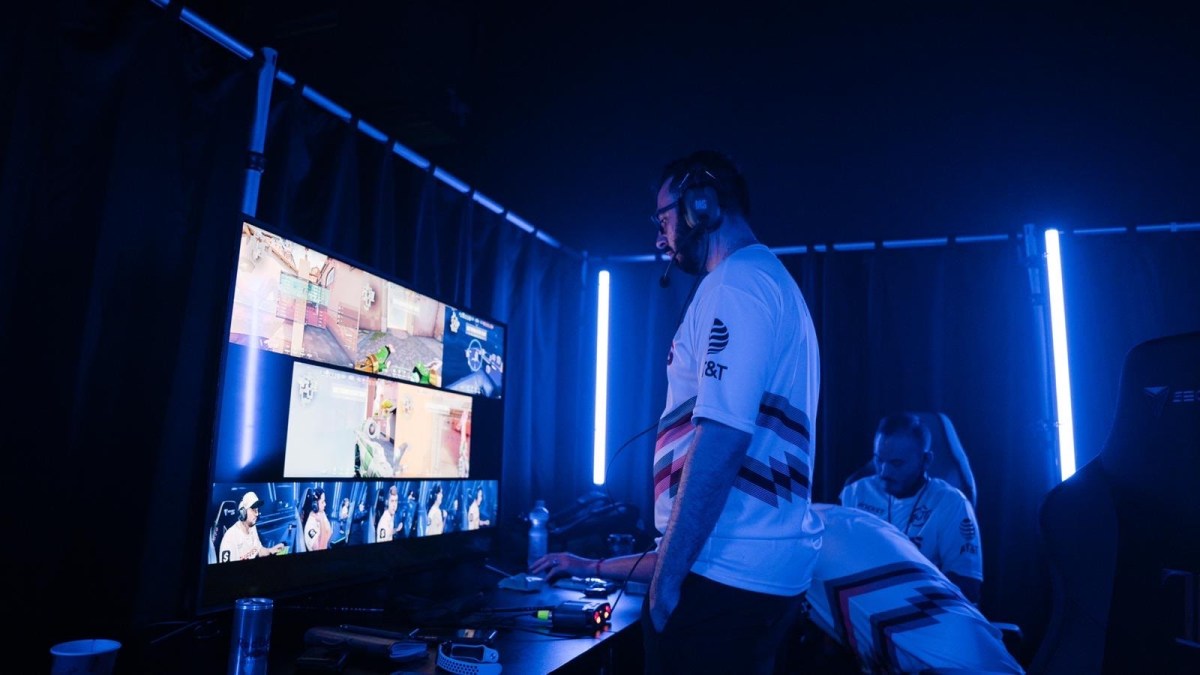
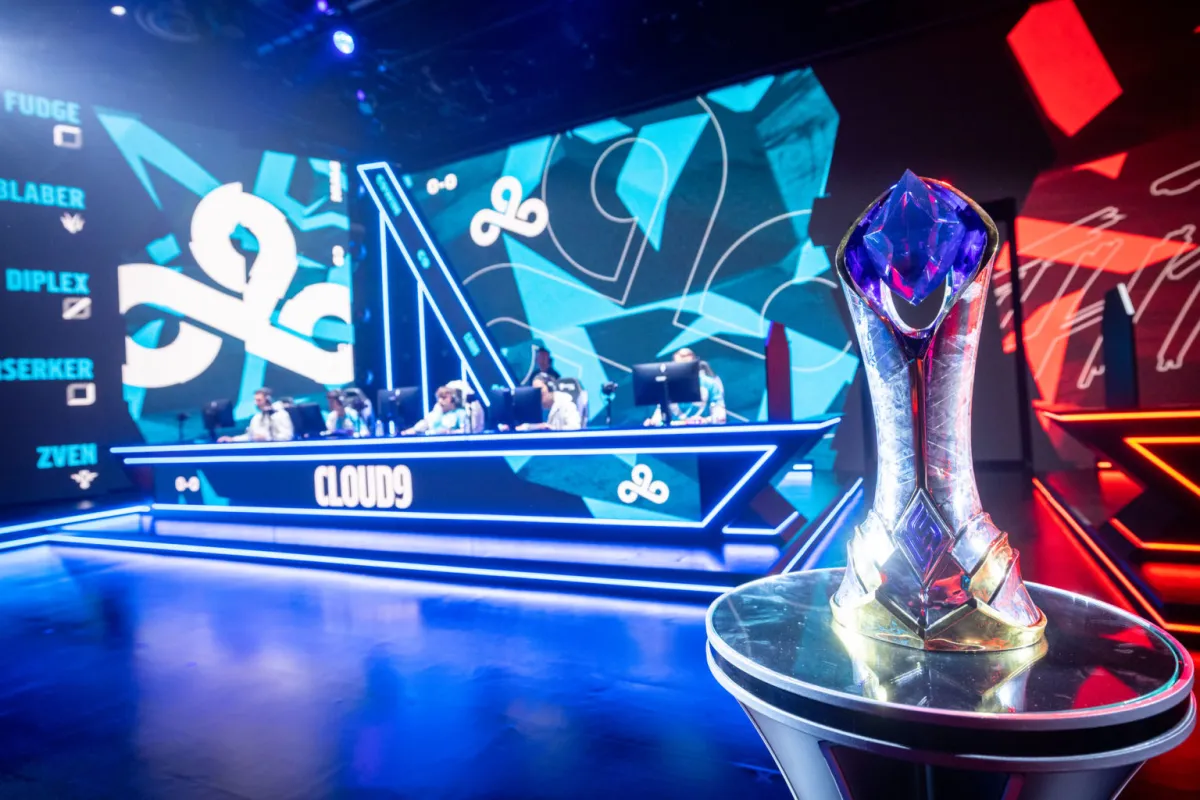

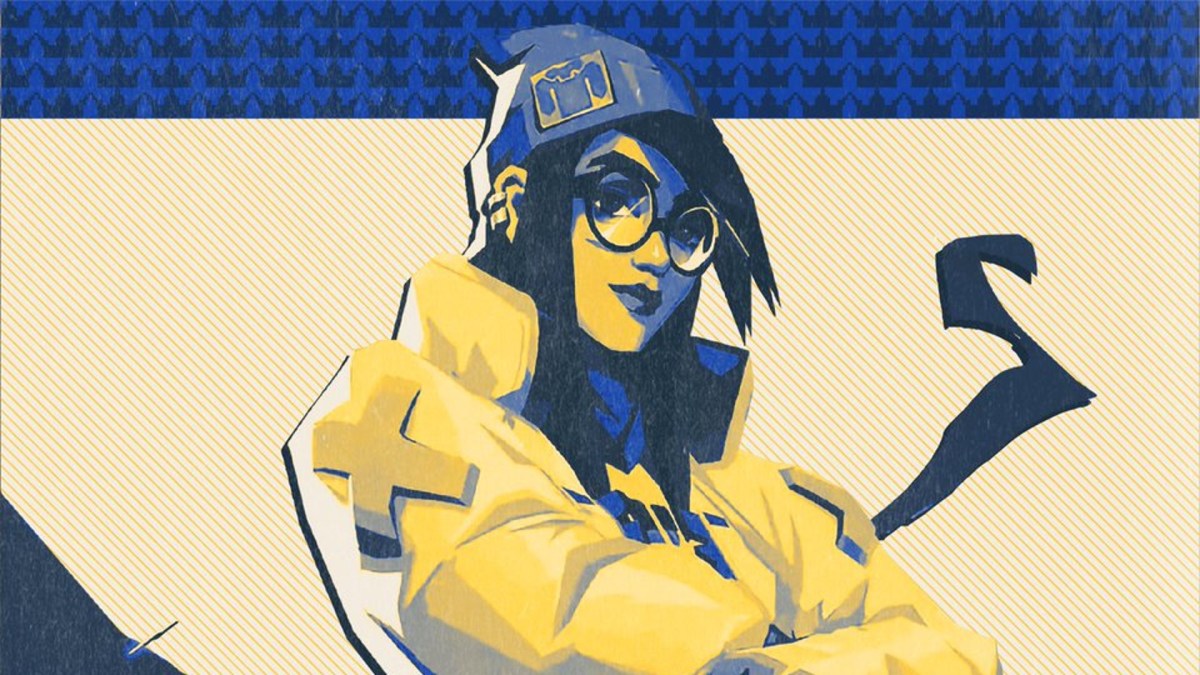
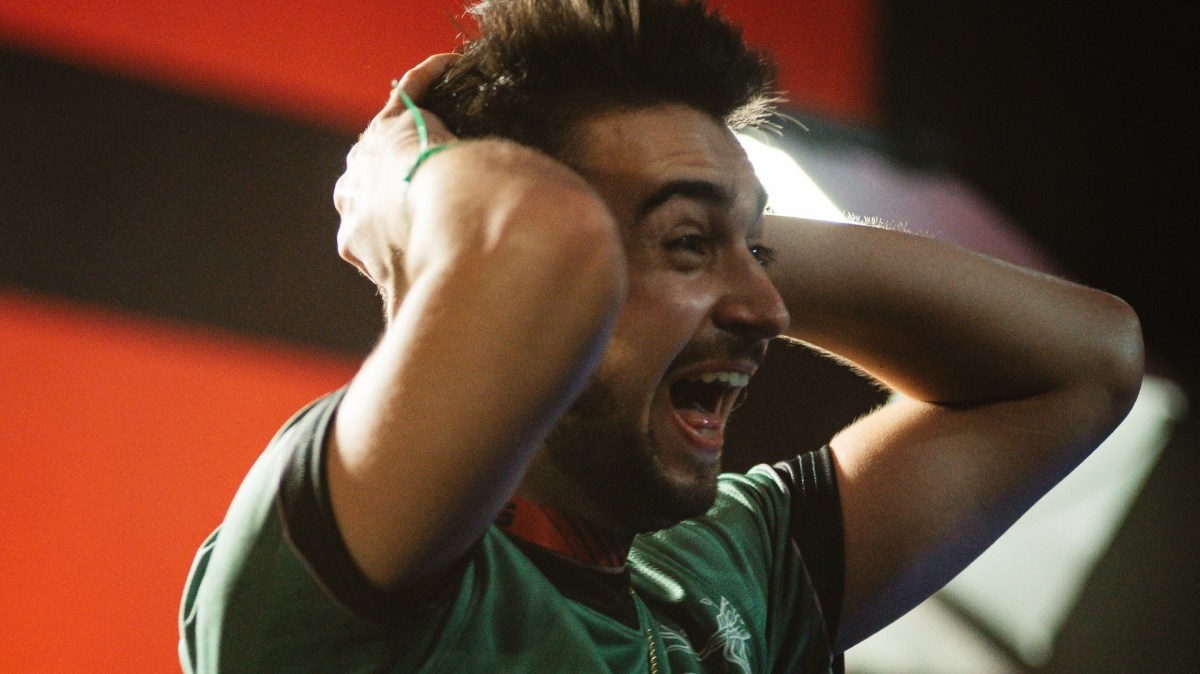
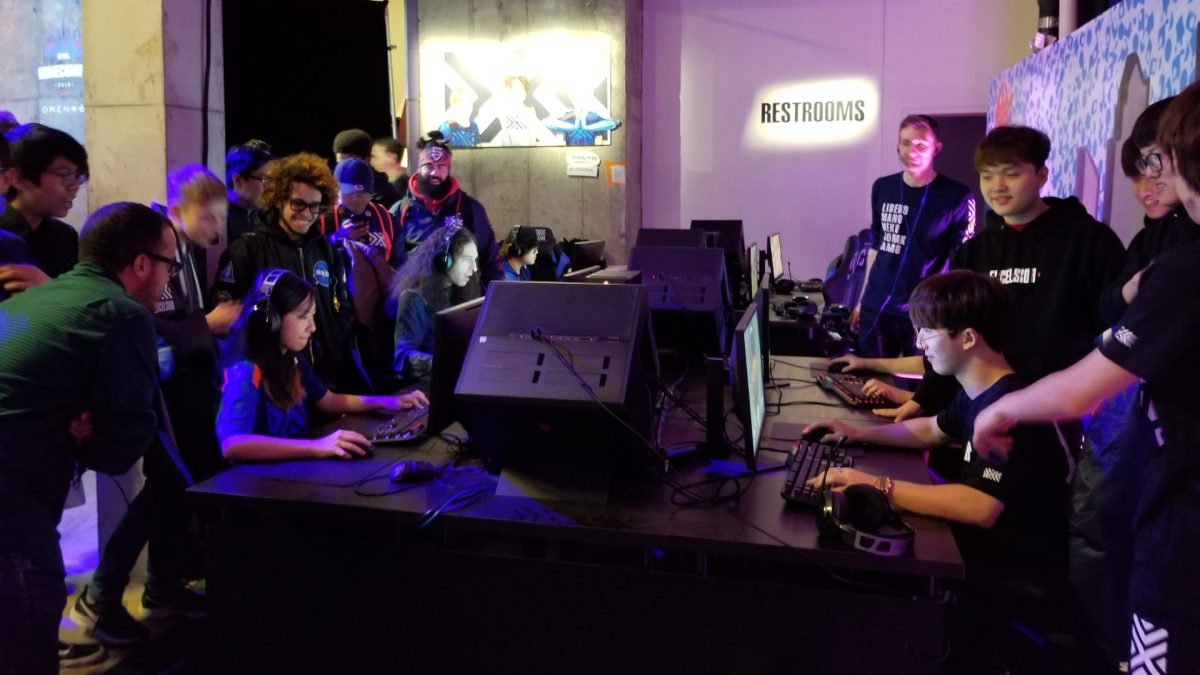
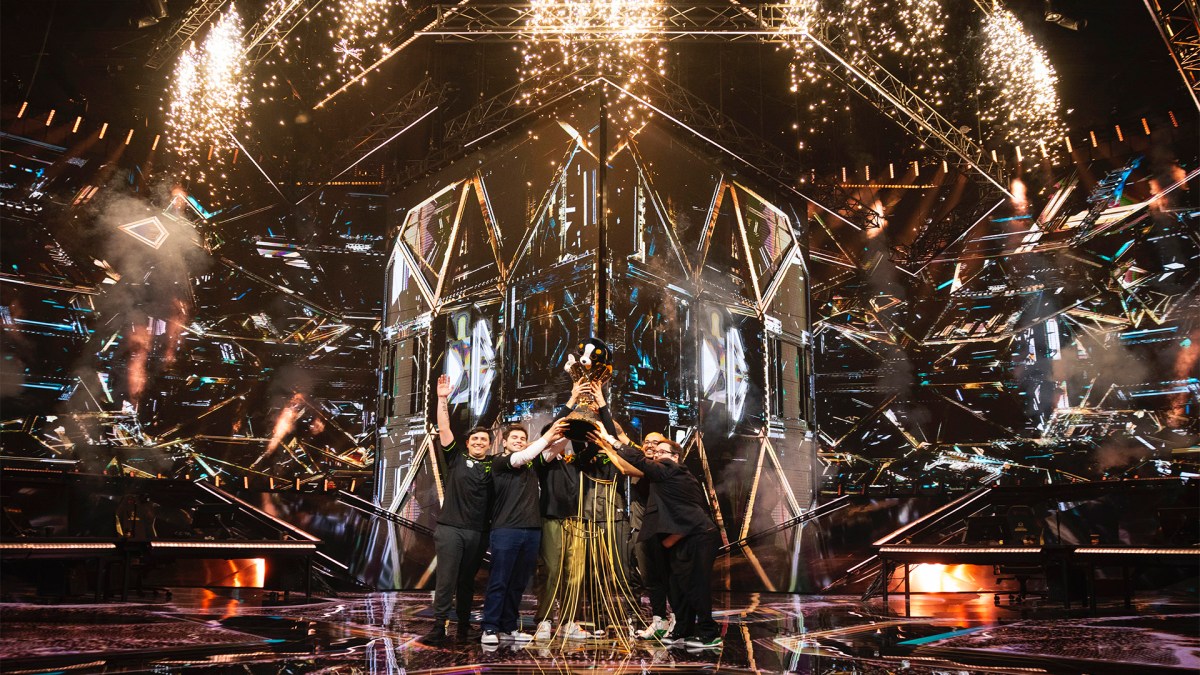
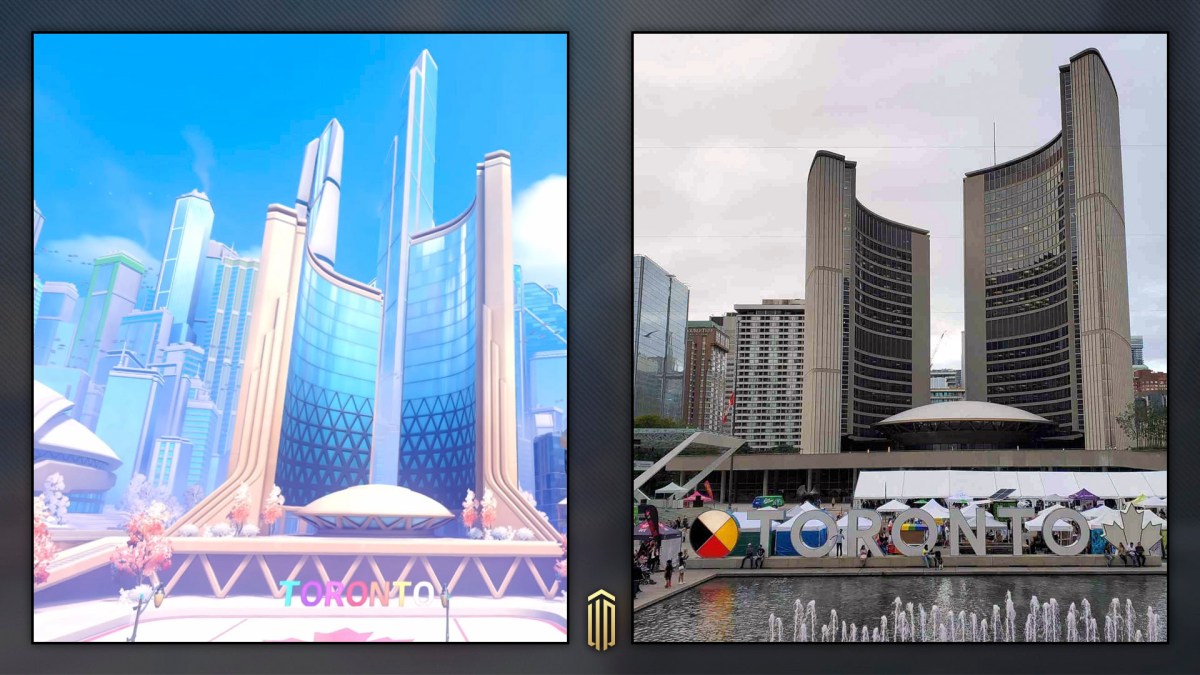
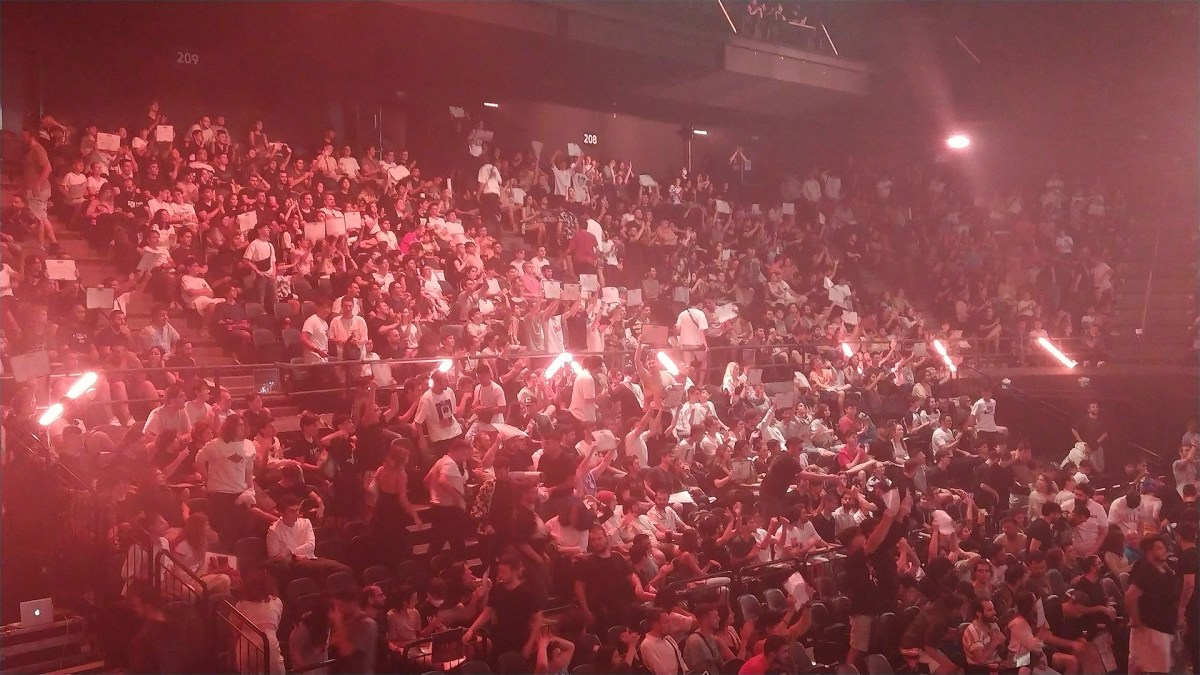
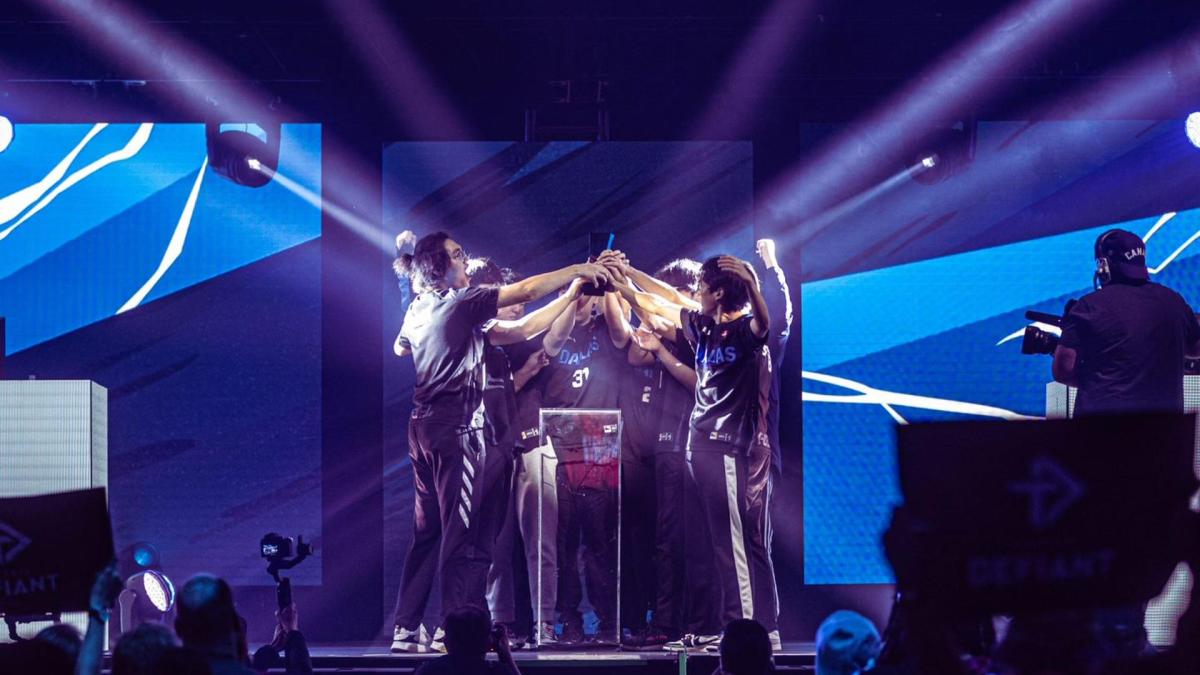
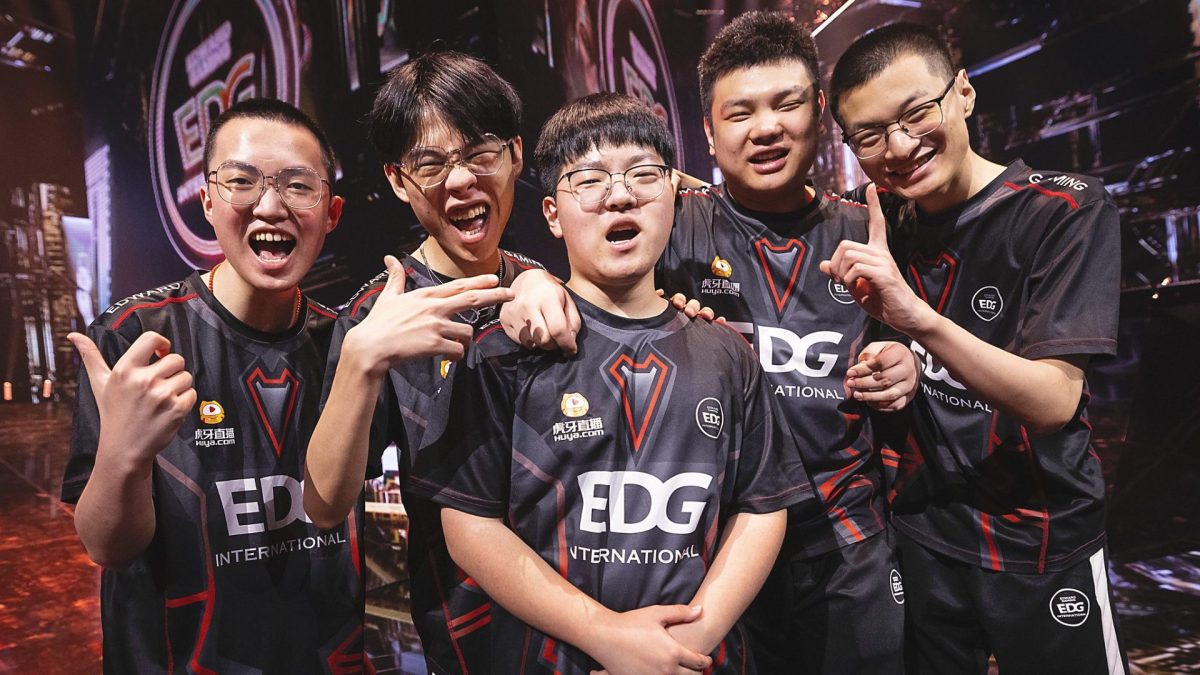
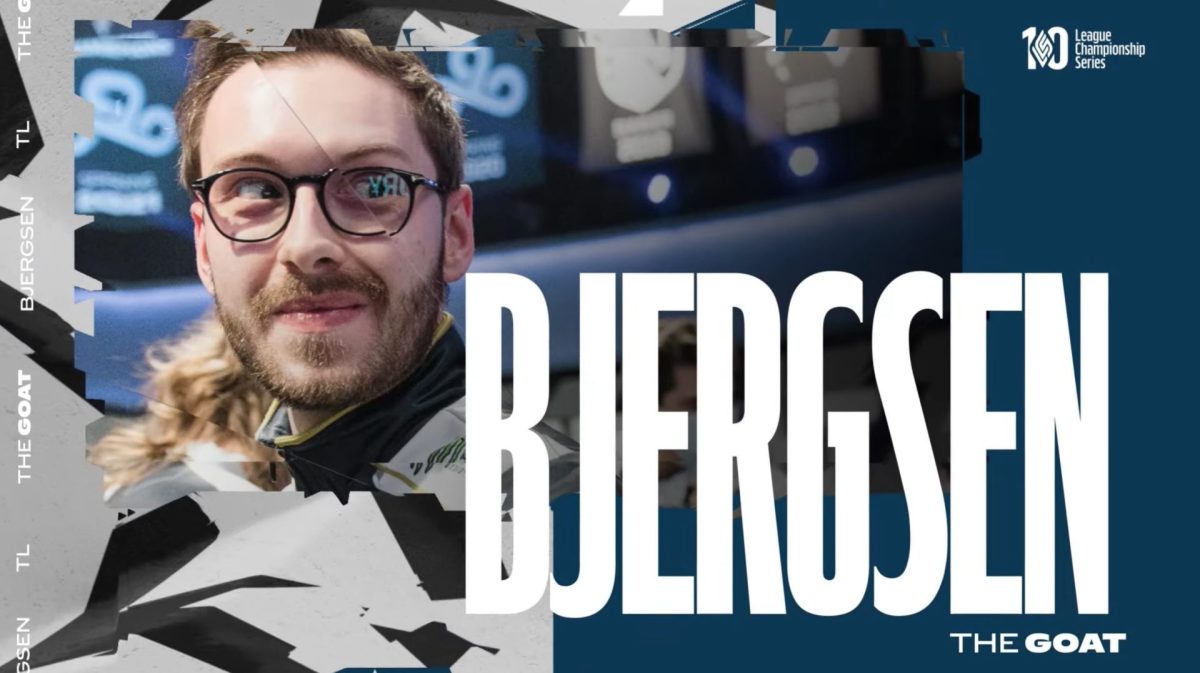
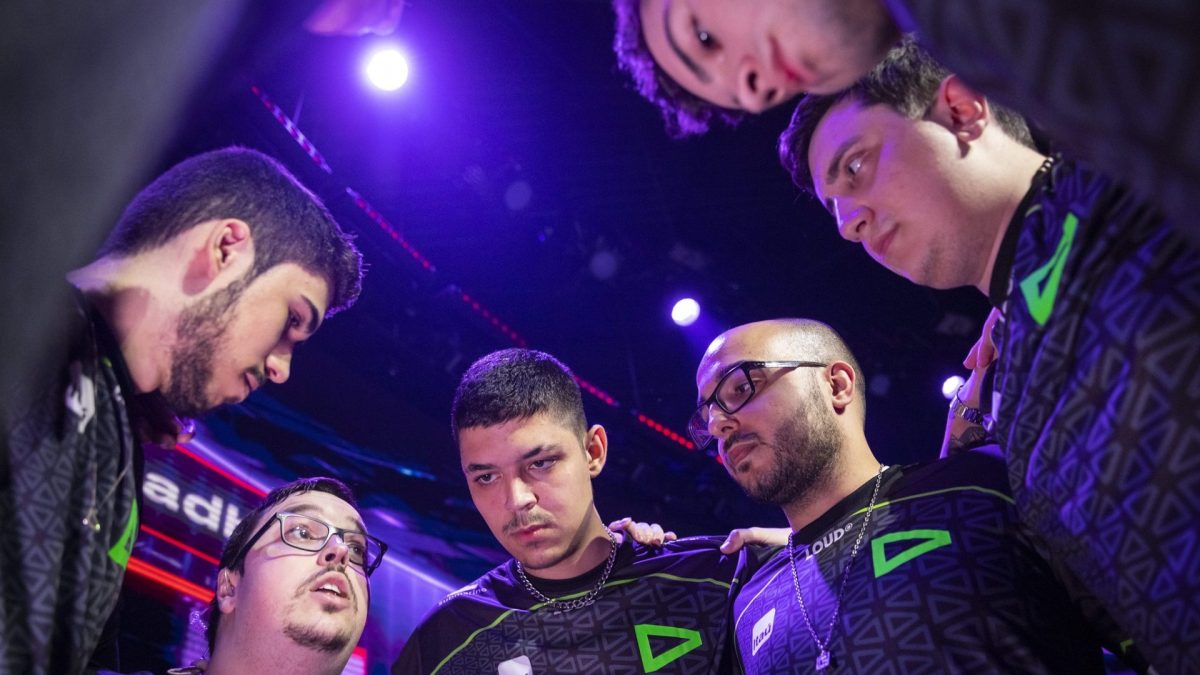

Published: Aug 5, 2022 02:39 pm